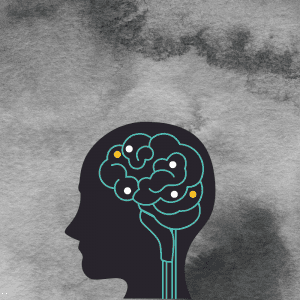Traumatic brain injury (TBI) impacts many populations; however, there is one population where the impact is especially significant.
In prisons, it is estimated that 40% to 60% of those incarcerated have experienced a brain injury. It has also been shown that those in the correctional system with a traumatic brain injury may experience behavioral, emotional, mental, and physical issues as a result of being in a correctional setting.
The results can impact the safety, wellness, and health of the incarcerated brain injury survivors, as well as those who work with these individuals in this kind of setting.
Washington State is looking to address this important issue with a dedicated multidisciplinary task force compromised of prison and re-entry representatives, heath services, community corrections, subject matter experts from the University of Washington, and other community organizations that support brain injury.
The task force is looking at means to create awareness, education, resources, tools, strategies and training for front line staff to effectively interact with those who have a traumatic brain injury.

The Brain Energy Support Team’s (BEST) own Jeff Hartson serves on this task force, lending his expertise in corrections, law enforcement and traumatic brain injury awareness and support.
“Using my experience as a correctional officer and the skills and training that I obtained during that time, help me to understand the correctional system and as line officer dealing with inmates on a one to one basis,” says Hartson. “It wasn’t until after I sustained my own TBI that I saw things in a different light as a TBI survivor and understanding the difficulties and daily challenges on what a TBI survivor has to go through.
So, I have learned to combine my experience as an officer and as a TBI survivor to help educate those that are working with inmates with brain injuries, and as well as staff that have a brain injury, on ways to help those that have had a TBI, as well as trying to improve on de-escalation skills and listening skills to better understand what a TBI survivor is going through.”
For Hartson, the most important aspect is safety when it comes to corrections and TBI.
“Being safe is paramount working as a correctional officer,” shares Hartson. “Having the skills and knowledge on how to work around inmates that have brain injuries can promote a safer working environment for all. It also improves inmate and staff relations so the prison can be a safer place to be for all.”
Click here to be connected to the University of Washington Traumatic Brain Injury in Corrections website. Here, you’ll learn more about the research, resources and facts on this critical topic.

